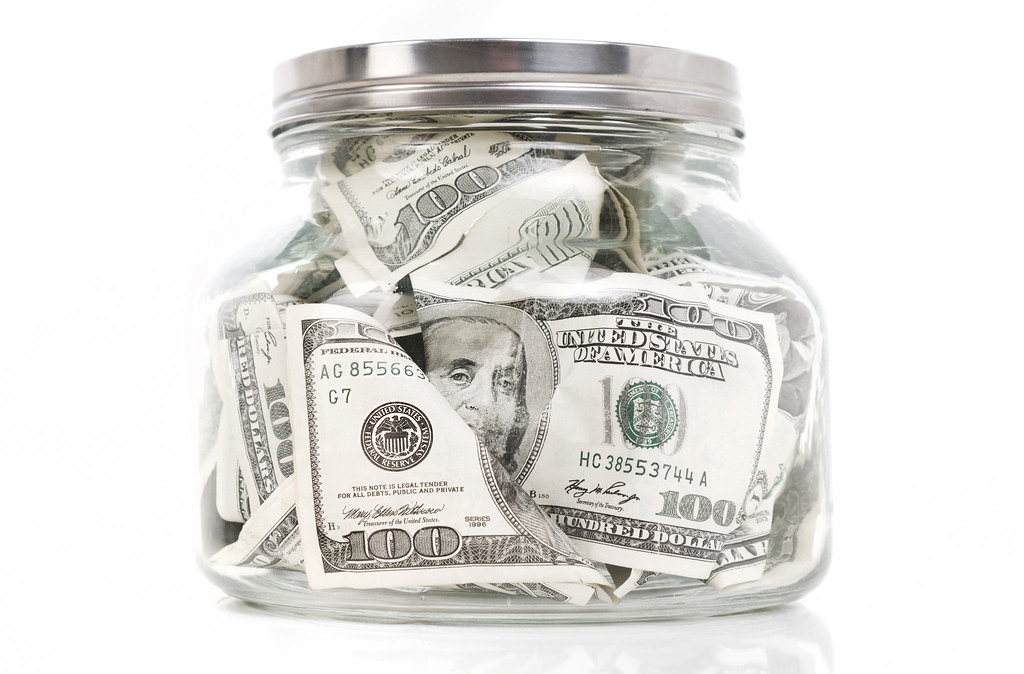Three years ago, the world was hit with the Covid-19 pandemic, and we are still recovering from the impact. The cost-of-living crisis that followed has affected everyone, with many struggling financially, including those now having to live paycheck to paycheck. Whilst the experience of the pandemic differed from person to person, most are still feeling the effects three years later. In these 3 years students have gone to University for the first time while attending lectures solely online. Among these students were PhD students. Starting a 3 year long research programme during the pandemic is difficult enough, but then adding a cost-of-living crisis on top of it makes life harder. Although PhD students get a salary and a separate budget for their research, is it enough?
I recently spoke to a PhD student in a STEM subject area who started their PhD in 2020, during the Covid pandemic, and is now nearing the end of the programme. When asked about how the PhD experience has been overall, they said it was difficult at the start (during Covid) as most of the work was done individually and there ‘wasn’t much of a community’. After Covid restrictions were reduced, the community began to build again and that had improved the experience drastically.
I then asked about how much they were being paid and if they thought it was enough. Initially, the stipend was approximately £15,000 pay and £5000 for consumables each year for the duration of the programme. After the pandemic, the cost of living increased drastically but the students were still being paid the same. It was not until a letter was written to UKRI demanding an increase in wages and a liveable stipend that the amount was raised to around £18,000. The minimum wage in the UK is £18,964. They said, “this is my time to enjoy life and at the age of 27, I have to think about if I can afford to go out to eat.” On top of that, they also felt that £5000 was not enough to cover their research. Sometimes projects require expensive experiments and processes such as RNA sequencing, which may take up most of the consumables allowance. It is however worth noting that PhD programmes that receive funding from charities or from companies usually have higher salaries and consumables allowances. The student I spoke to is thankfully able to get by with their stipend. However, other PhDs they knew were struggling to get by with the pay they are currently getting, especially with prices continuing to rise.
I went on to ask how they felt the University had responded to the cost-of-living crisis and if they felt that the university was doing enough to help. They said “there have been a few emails from them on resources and help we could possibly get but I haven’t had a further look into things so I am not sure how good those resources may have been.” University resources include wellbeing services and fixed café prices for the next year.
In terms of STEM PhD programmes, there is still room for improvement in funding for students. The costs of groceries and the rent for most people continues to rise as we traverse through the economic consequences of a global pandemic. Will there be another pay rise on the horizon? Is there a way to provide a higher stipend for research students to spend on consumables? Only time can tell what changes (if any) lay ahead for current and future PhD students.
“Money” by free pictures of money is licensed under CC BY 2.0.

